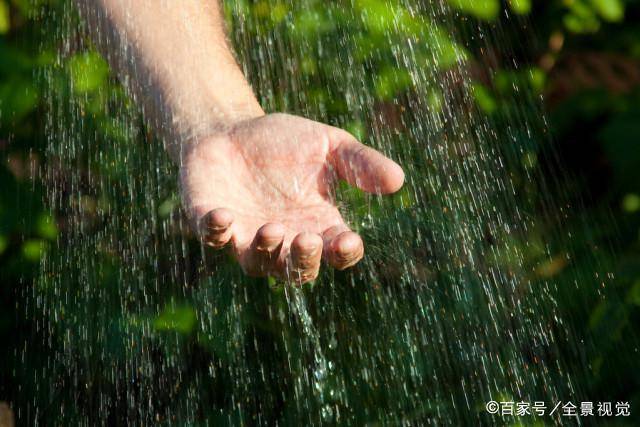Beginning of summer marks the start of summer, indicating an important solar term when all things enter a period of vigorous growth.
After the beginning of summer, the days become longer and the nights shorter, temperatures gradually rise, thunderstorms increase, and humidity in the air also increases, leading people to wear less and simpler clothing.
From the perspective of traditional Chinese medicine, “spring, summer, long summer, autumn, winter” corresponds with the five organs: “liver, heart, spleen, lungs, kidneys.” Upon entering summer, it is important to focus on nourishing the heart while also benefiting the spleen to prepare for the long summer.
In traditional medicine, it is said that “the spleen thrives in dryness and dislikes dampness.” If the internal humidity is heavy, it can lead to spleen deficiency; a deficient spleen means poor transformation and transportation, resulting in more accumulation of bodily fluids, which affects health.
After the beginning of summer, if you wish to avoid excessive internal humidity, it is advised: eat less of these 3 types of food and do less of these 3 things!
“Eat less of these 3 types of food”: 1. Cold foods
Cold foods have a cooling property. As summer arrives and the weather gradually warms up, many people eat cold foods to cool down, such as watermelon, iced beverages, and ice cream. Overconsumption can “lock in” internal moisture, making it difficult to expel fluids, leading to symptoms like edema, fatigue, and loose stools.
The heavy internal humidity has the greatest impact on the spleen, which can also cause loss of appetite and affect digestion.
2. Greasy foods
As summer arrives, people tend to prefer barbecues, often consuming them with chilled beer. Many barbecue ingredients are prepared with plenty of oil, salt, and other seasonings to enhance the flavor.
If one consumes excessive greasy foods, such as barbecued or fried items, it can make it difficult for the body to expel humidity, worsening the situation.
3. High-sugar foods
Foods high in sugar can produce peroxides in the body, which can affect the circulation of bodily fluids, hindering fluid expulsion and increasing internal humidity, thus impacting digestive functions.
Additionally, excessive sugar intake can raise blood sugar levels, increasing the risk of diabetes.
“Do less of these 3 things”: 1. Sleeping with wet hair
In hot summer, people sweat more, and the frequency of washing hair increases. Some people go to bed without drying their hair, particularly women with long hair.
This can easily allow “dampness” to invade the body unconsciously, leading to headaches and fatigue the next day, primarily because the moisture from the scalp continues to evaporate, taking away heat from the brain, allowing cold air to enter through the scalp, which can cause headaches.
Therefore, if you want to avoid excessive internal humidity, it’s best to dry your hair before sleeping.
2. Sitting for long periods in damp places
During hot summers, many prefer sitting on cooler floors, but over time, it can lead to cold dampness invading the body and increasing internal humidity.
Moreover, some people sit in damp environments, allowing the humidity to enter the body through blood circulation, exacerbating the situation. Particularly for people who spend long hours in offices, remaining in a low-temperature air-conditioned environment and being inactive can lead to dampness invading the body after sweating.
No matter how hot it gets in summer, it’s best not to stay in an air-conditioned room for too long; moderate ventilation and air exchange can reduce the chances of increased humidity.
3. Staying up late
In many warm places, hot weather affects sleep, leading to late bedtimes. However, staying up late for long periods can lower immunity and make the body more vulnerable to dampness, cold, heat, and other invasions that can harm health.
While preventing heatstroke, it’s still crucial to ensure adequate sleep, which allows the body to rest well and resist external invasions.
It’s best to ensure falling asleep before 11 PM each night, and the next day, to take a midday nap for about 15-30 minutes, but not too long, as it may affect the quality of nighttime sleep.
Traditional Chinese medicine holds that “thousands of cold diseases can be easily removed, but dampness is hard to dispel.” For those with excessive internal humidity, daily damp removal should be persistent. If choosing exercise, aim for 3-5 sessions per week, each lasting at least 30 minutes, but do not over-sweat or exhaust yourself.
Additionally, moxa therapy can be used to dispel dampness by targeting specific acupuncture points, such as the Zusanli, Zhongwan, Shenque, Quchi, Fengchi, and Jianjing points.


